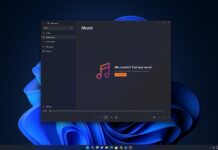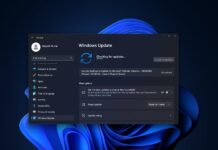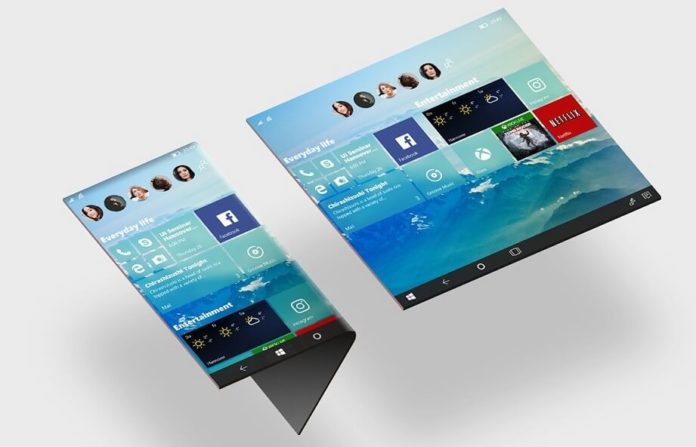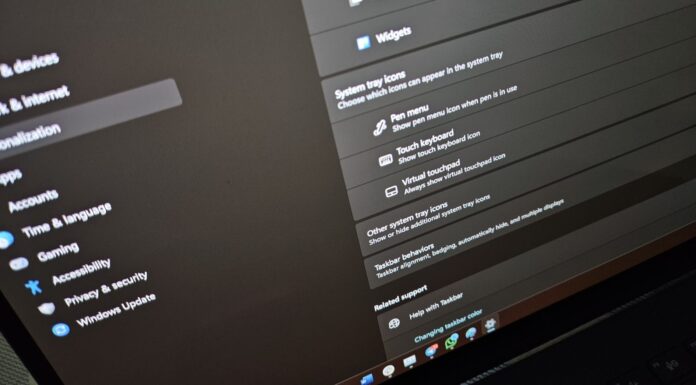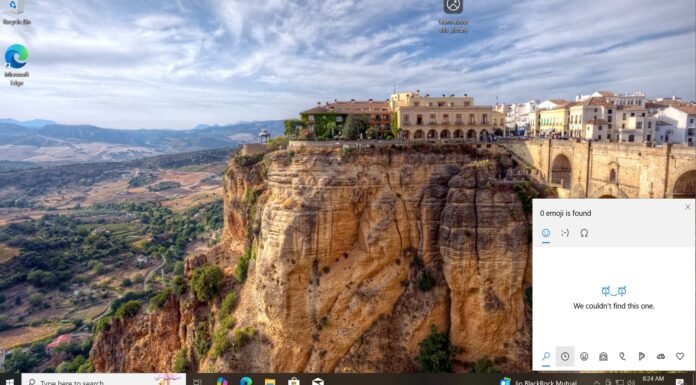Microsoft has been working on a new version of Windows operating system that would work across all form factors including the highly anticipated ‘Surface Andromeda’. The new modular version of the operating system will be Microsoft’s latest attempt to unify the platform to the execute vision of ‘OneCore’. With Windows Core OS, Microsoft will be slowly ditching the older legacy elements and modernising Windows 10.
What is Windows Core OS?
Windows Core OS will make Microsoft’s desktop operating system ‘modular’ so that the platform could be installed on any form factor including dual-screen phones, laptops and large-screen size devices ‘Surface Studio’. Windows Core OS for all form factor devices will share the same ‘OneCore’ kernel. This project was initially dubbed as ‘One Windows’ and ‘OneCore’, it involves stripping the OS down to the necessary components for performance, security and modularity.
It can be concluded that Windows Core OS (WCOS) is a new version of Windows 10 which is modular, secure and well-optimized. Windows Core OS is consists of UWP, Composers, Composable Shell (CShell) and OneCore, the Kernel.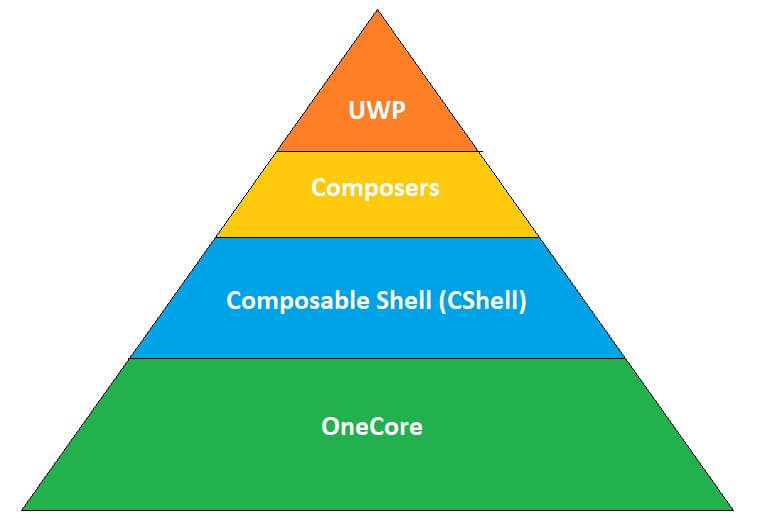
All the devices powered by this new version of Windows operating system will share the same kernel, but composers (interface) will be different across the devices. The Mobile composer is codenamed ‘Andromeda’, while the desktop composer is currently referred to as ‘Polaris’. Microsoft is also preparing a composer for Surface Hub and Windows Mixed Reality, but the focus is now on Andromeda and Polaris.
Andromeda
Andromeda is the codename for the software and hardware (foldable phone). Microsoft’s long rumoured foldable phone also known as Surface Phone will be powered by Windows Core OS with Andromeda composer which is designed for mobile-type devices.
Microsoft will not be positioning the Andromeda-powered device as a smartphone, and according to the reports, such a device will be updated in 2019 with Polaris that could also bring support for Win32 applications.
The long-rumoured foldable Windows 10 device is the dream of every Windows Phone diehard which is about to come true. The software giant might announce the foldable device as Surface Phone or Surface Journal by end of this year. The official moniker of the Andromeda is not known just yet.
The foldable Microsoft mobile device will have a foldable body and two screens connected to each other by a revolutionary hinge. This allows the device to act as a phone, tablet, and a laptop under the different angle of the screens.
Polaris
Microsoft is designing Polaris for the traditional PCs, with Polaris, Microsoft will remove almost all the legacy components. Polaris will be even more locked down than Windows 10 S (also known as Windows 10 in S Mode). Polaris is being designed for performance, security and better power management, this could be only achieved without the legacy components.
The Windows 10 PCs powered by Polaris will be locked to the Microsoft Store in terms of app compatibility, and Windows 10 Pro won’t be killed, it will be still developed for power users.
As running Win32 software in laptop or PC configuration would still make sense, Microsoft will be using the power of cloud ‘virtualization’, this will technically allow the desktop software to run on such devices, but again these apps won’t run on the system natively.
Ever since Microsoft has launched Windows 10 operating system, the company is making Windows as a whole less dependent on legacy components, for example, the control panel has been migrated to the Settings app. Similarly, UWP File Explorer will be available by the end of 2018.
Polaris is a version of Windows 10 that would be specifically aimed at users who don’t need Win32 programs, and it will compete with Chromebooks. As a result, Polaris would be more secure and fluid.


